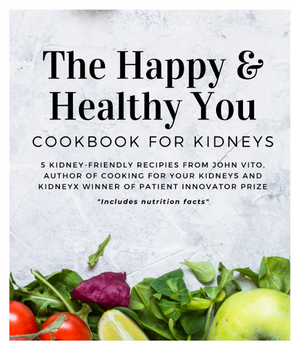Are Clinical Trials Warranted for a Dietary Supplement with Probiotics?
Kibow Biotech Inc. 4629 West Chester Pike, Newtown Square, PA 19073, 610.353.5130 or 610.353.5110
Grant #: 1R44DK61873-03 | Display #: B-23
For centuries mankind has used traditional medicines for human healthcare with plant materials and other natural products. Recently, the World Health Organization (WHO) has estimated that approximately 80% of the worlds inhabitants still depend on traditional (mostly herbal but also including fungal) medicines for primary health care purposes(1), while plant-derived pharmaceuticals products play an important role with the remaining 20% of the worlds population in developed countries.
One literature report (2) cites at least 120 important drugs are obtained from plants. Many of the clinically useful products especially in the Western society are either natural products or derivatives of natural products e.g. paclitaxel (TaxolR from Taxus brevifolia, vincristine (OncovinR) from Cantharanthus roseus and Reserpine from Rauwolfia serpentina or Rauwolfia vomitoria.
Plants continue to offer a wide range of compounds with diverse structure and activities which will continue to occupy important role in role in modern medicine. However, probiotics (defined as live microorganisms which when administered in adequate amounts confer a health benefit on the host) have established acceptance as a dietary supplement or medically beneficial products in Asia, Japan and Europe but they have not met with such ready acceptance in the United States.
The eternal struggles of this microbial world need to be fully exploited for human health and medical benefit. Identifying and formulating these probiotics could provide physicians with a powerful new field of arsenal against diseases and infections. No sooner than Penicillin was discovered, the pharmaceutical R&D brought us more powerful antibiotics by performing systematic clinical trials. Hence, mandating clinical trials for probiotics and thus documenting its medical benefits will open new frontiers and thus rapidly advance this field for wider acceptance by everyone.
1. Cragg, G. and Newman, D. Natures Bounty Chemistry in Britain, Jan issue p 22-26 (2001)
2. Farnsworth, N.R. Screening plants for New Medicines in Biodiversity (Eds. Wilson, E.O. and Peters, F.M.) pp 61-73. Academic Press, New York


